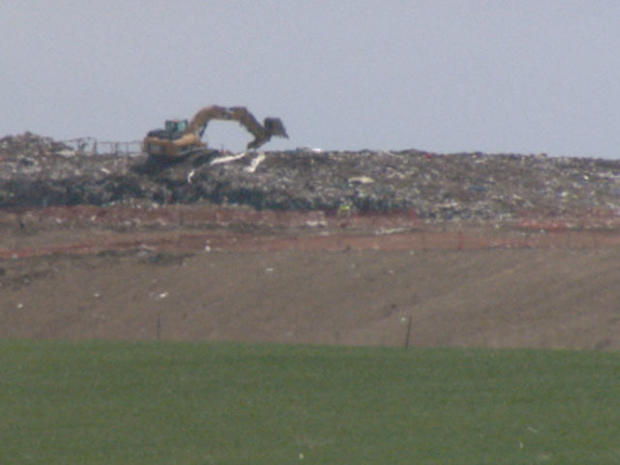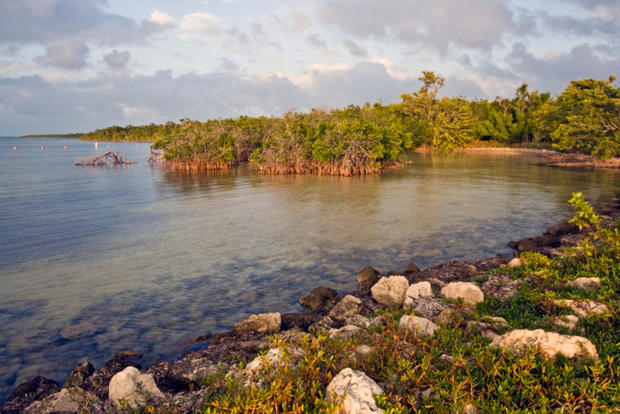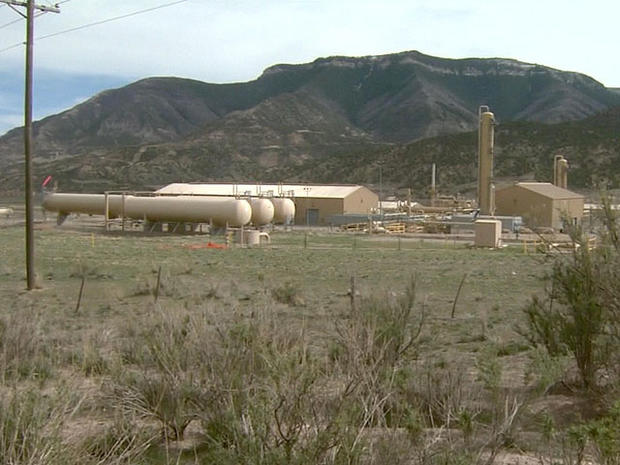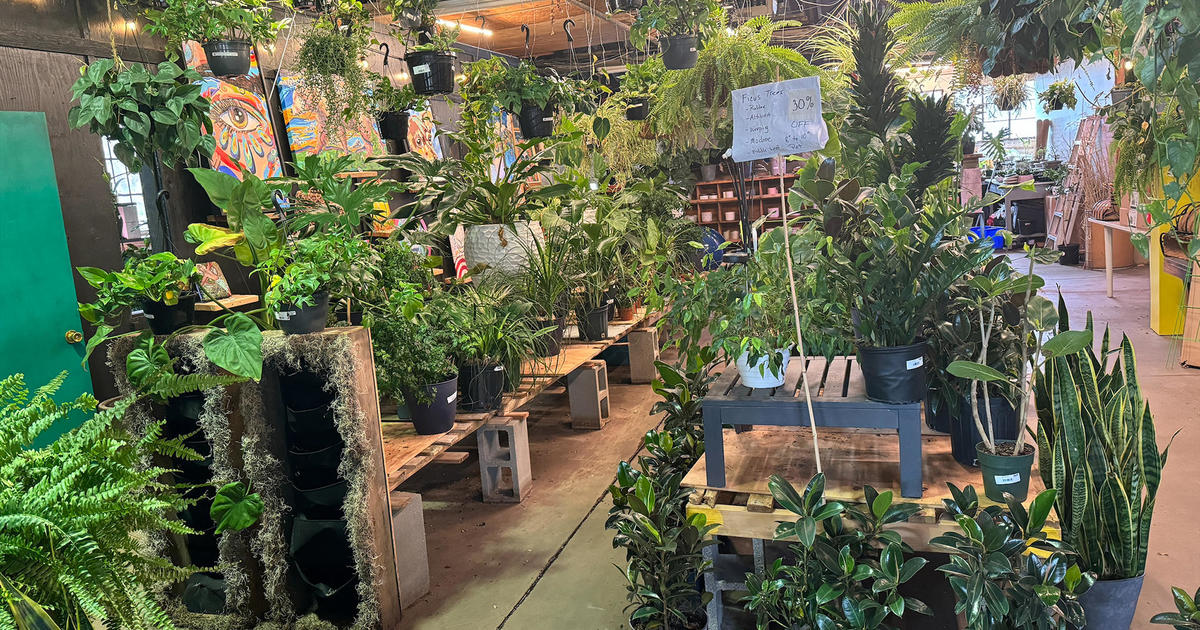Celebrating #WorldOceansDay From Landlocked Colorado
DENVER (CBS4) - Just like every action has a reaction, all rivers run to the sea. Despite living far inland from the seven salty bodies of water, the decisions we make in Colorado will eventually make their way back to the ocean.
So in honor of World Oceans Day, we're taking a look at how the seemingly distant location of Denver can make a difference in the conservation of the seas.
Waste
One of the most prominent, and easily the most visual, of threats to the seas is trash. Much of the waste we produce cannot be decomposed naturally, and many places across the world do not have proper waste management systems. As a result, there is a massive pile of trash the size of Texas swirling in the Pacific Ocean. Actually, it has recently been learned there are several.
The one stuck between gyres in the middle of the Pacific has been deemed the Great Pacific Garbage Patch, and is comparable to a landfill. Particularly dangerous in this patch, aside from the nets and bottle caps that can trap sea life, is the amount of tiny plastic particulates. Many creatures feed on small pieces of plastic, which are mistaken for food but offer zero nutrition, and end up starving. Sea birds, turtles, and fish stomachs have been found filled with plastic.
Now, the garbage patch was not created by just those who live on the coast. It is a global collection site, where trash from every part of the world can be found. If you ever needed a reason to recycle, reduce your consumption, or take advantage of reusable bags, this would be it.
Seafood
Cod in the North Atlantic, grouper in the Gulf of Mexico, and tuna in the Pacific all have the same story. The population graphs make the same downward slope, showing a radical decrease in population, alongside an influx of fishing. The previous assumption that the ocean was unlimited is simply not true, and we're learning it the hard way as seafood stocks crash.
But the taste and health benefits of fish are irresistible to billions of humans, as we continue to consume endangered and threatened species. Even in Colorado, we can make an effort to sustainably source our seafood. It's important to know where your fish, scallops, and crabs come from, and how they were caught. There are numerous illegal fishing operations that catch a plethora of unintended species, or methods that tear up the seafloor. Do you want to eat a can of tuna if dolphins were trapped and drowned in the same net? Is that flaky flounder worth it if the habitat of the ocean's floor had to be scraped up?
Inevitably there will be those who say yes, but these are decisions that can be made from afar, by inland consumers demanding a sustainable product.
Tourism
Even if we don't live by the sea, we still enjoy it. Chances are your last vacation had something to do with a beach, and you're not the only one. Tourism is a major economic driver, the primary one for many countries with coral reefs and turquoise beaches, as well as for many of our own states, like Florida.
And what people do on their beach vacation has a significant impact on the state of the oceans. More and more, sustainable tourism is catching on as companies realize people visit for the natural wonders. Without the clean beaches, thriving reefs, and existent sea life, there would be no tourism.
Which is why it's important to be a sustainable traveler. Scuba diving and snorkeling are truly immersive ways to see the beauty of the sea, but damage can be done when standing on coral or removing sea life as 'souvenirs.' Choosing a particular resort can mean a world of difference -- the one that removed miles of protective mangroves in order to provide water access, or the one that built boardwalks through the mangroves to embrace their unique environment.
Oil
Last but not least, it's no secret that oil harms the marine environment. The Gulf of Mexico is still uncovering damage from the BP well explosion, and is not expected to recover for decades. Most recently, California is still finding globs of oil on its beaches after 100,000 gallons of oil spilled near Santa Barbara.
Our demand for oil appears to frequently damage the ocean, but is something we can have control over. Rather than driving a personal vehicle alone to work every day, try the train or bus. It runs the routes anyways, so why not take advantage and save yourself the gas, at the same time reducing demand for oil.
Eating locally has the same effect on oil, as products don't have to travel far or be shipped internationally to arrive on your table. There might even be a farmer's market within biking distance from your home. Climate change is the largest threat to our oceans, and it can be effectively mitigated by reducing the use of fossil fuels.
It's clear that the world is connected, from the Rocky Mountains to the Pacific Ocean. Actions in Colorado can affect the surrounding seas. So for #WorldOceansDay, see if your impact can be a positive one.







